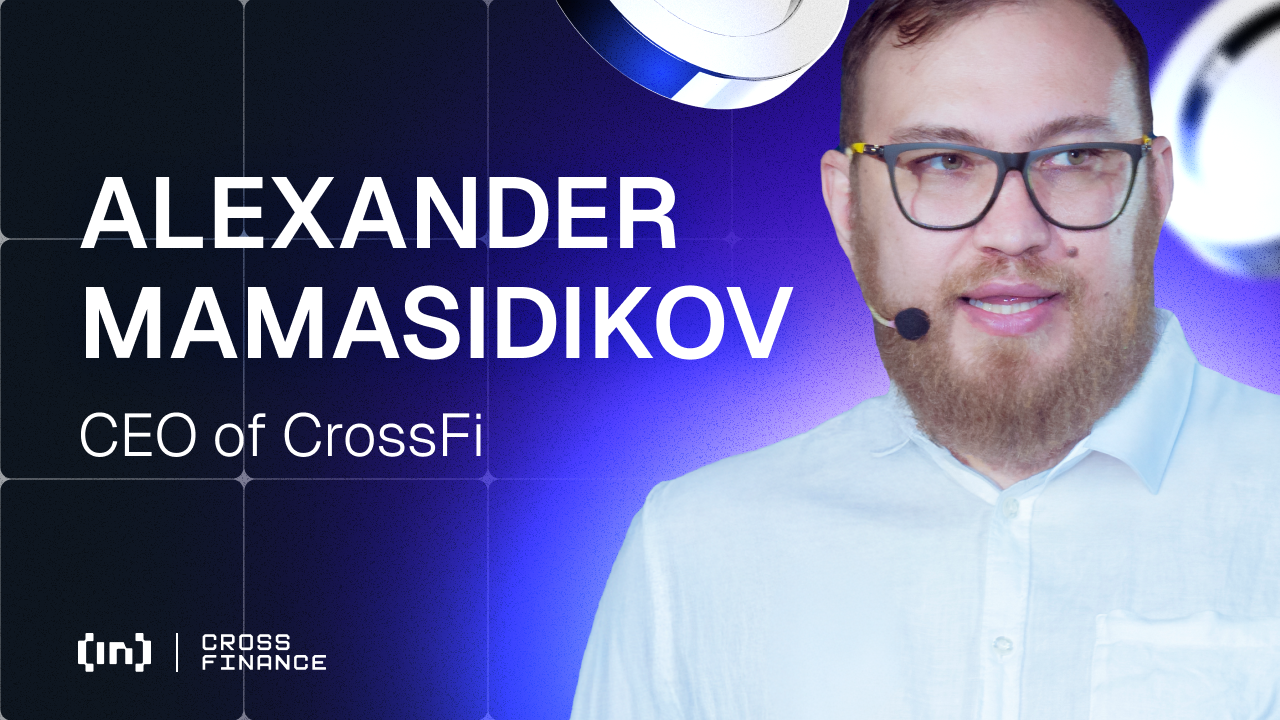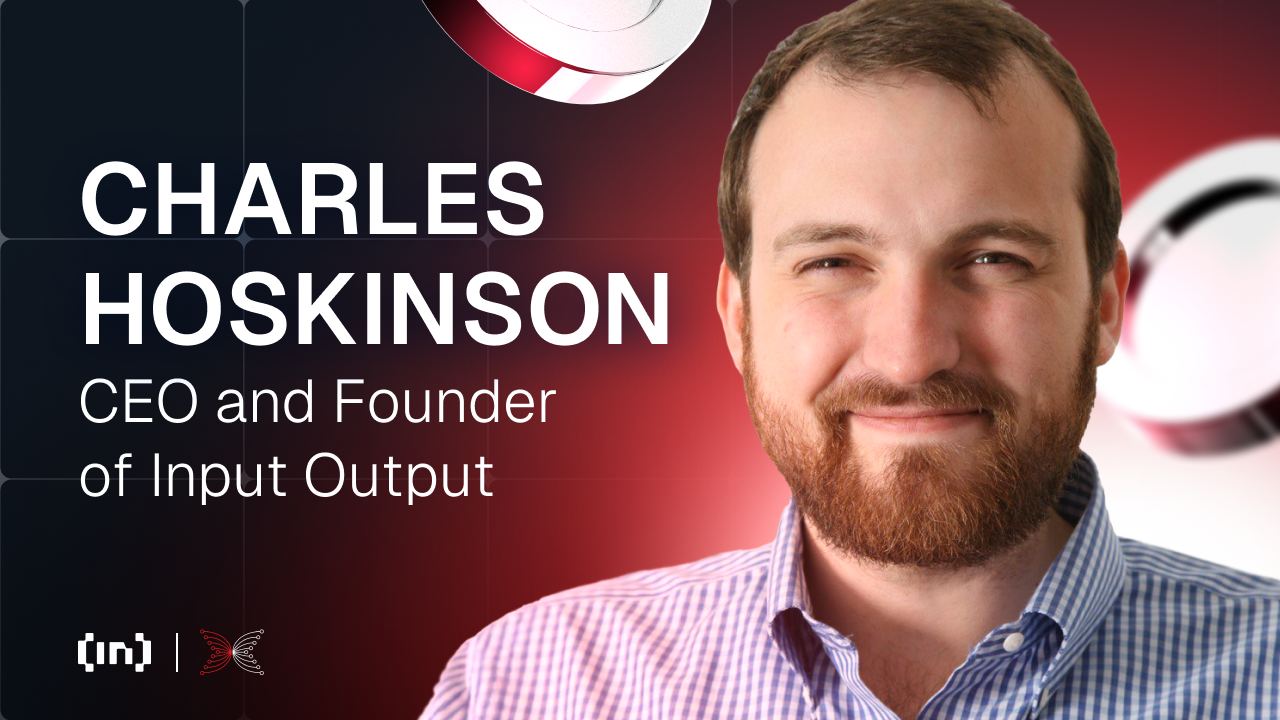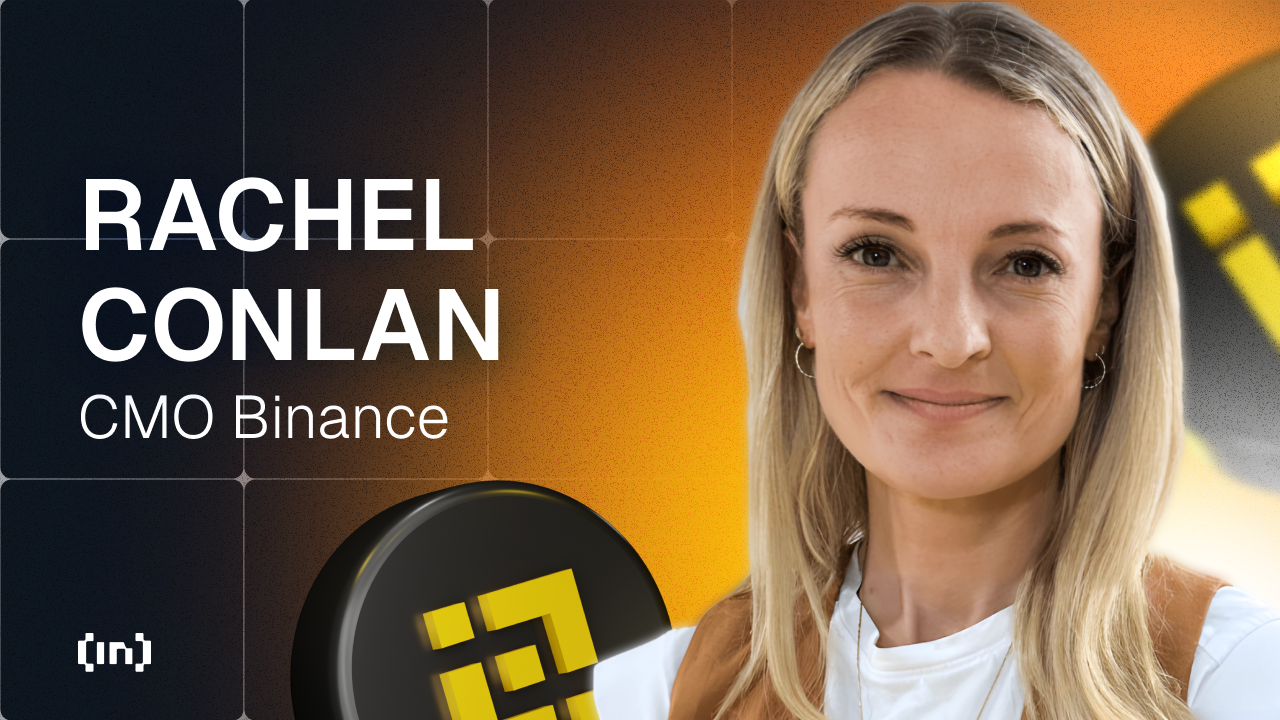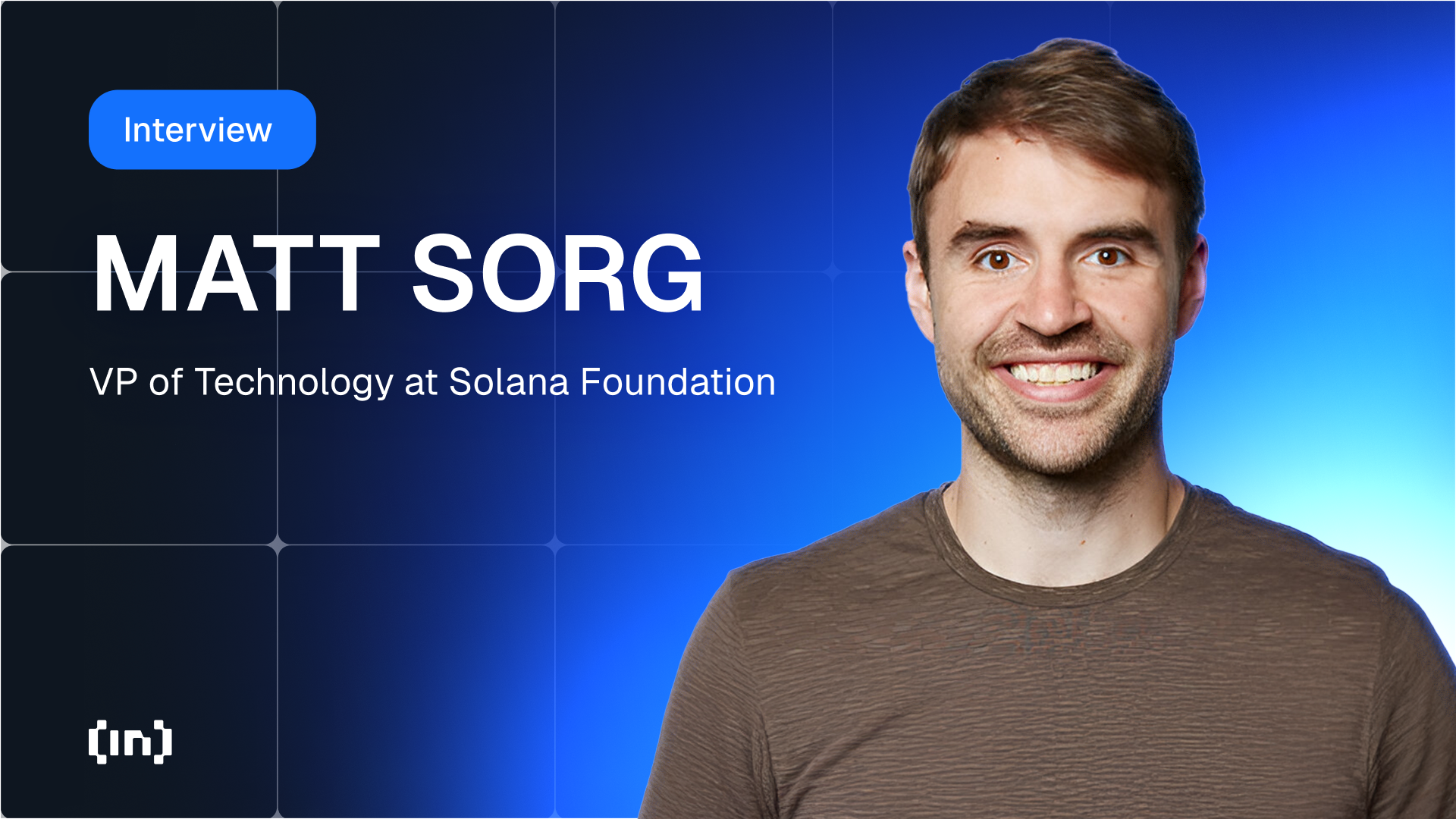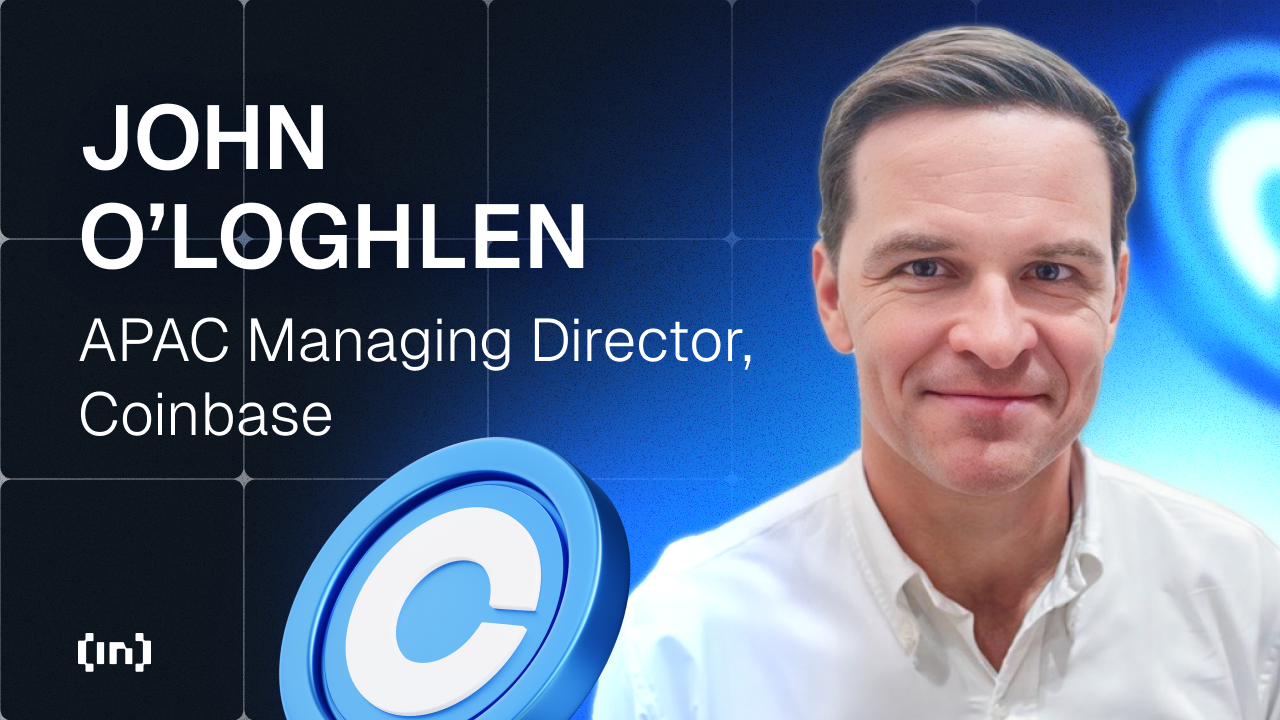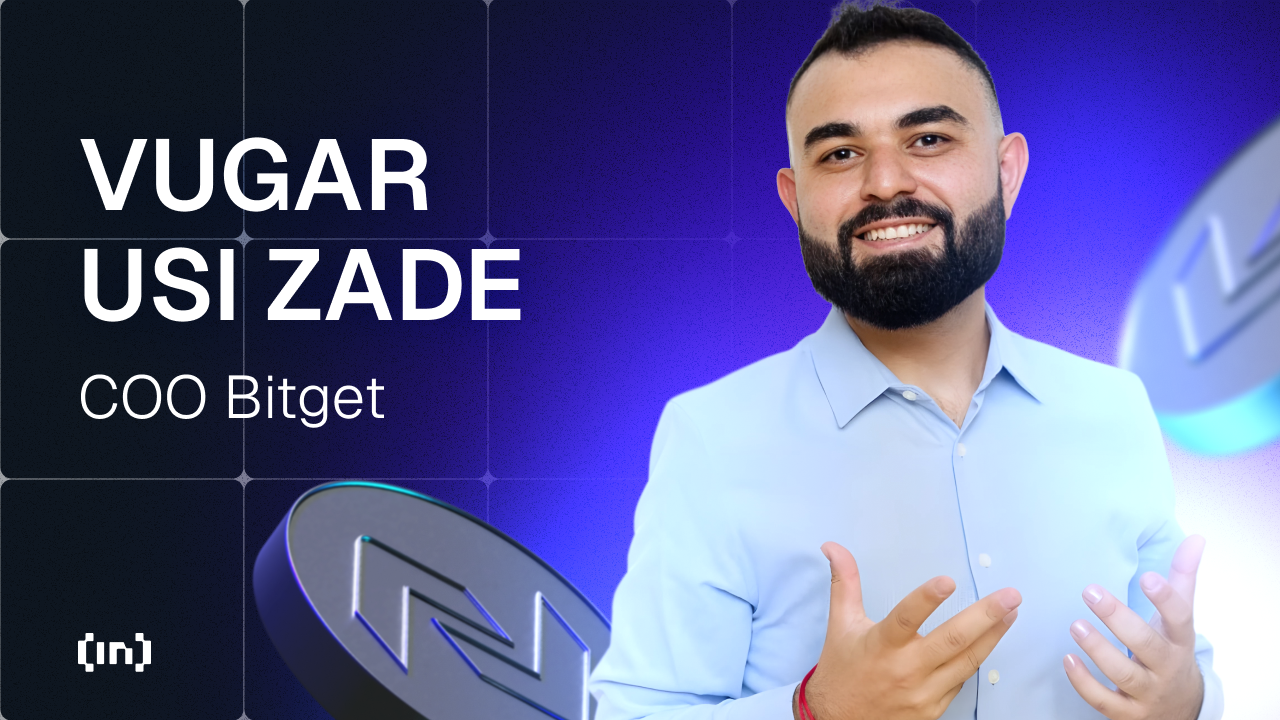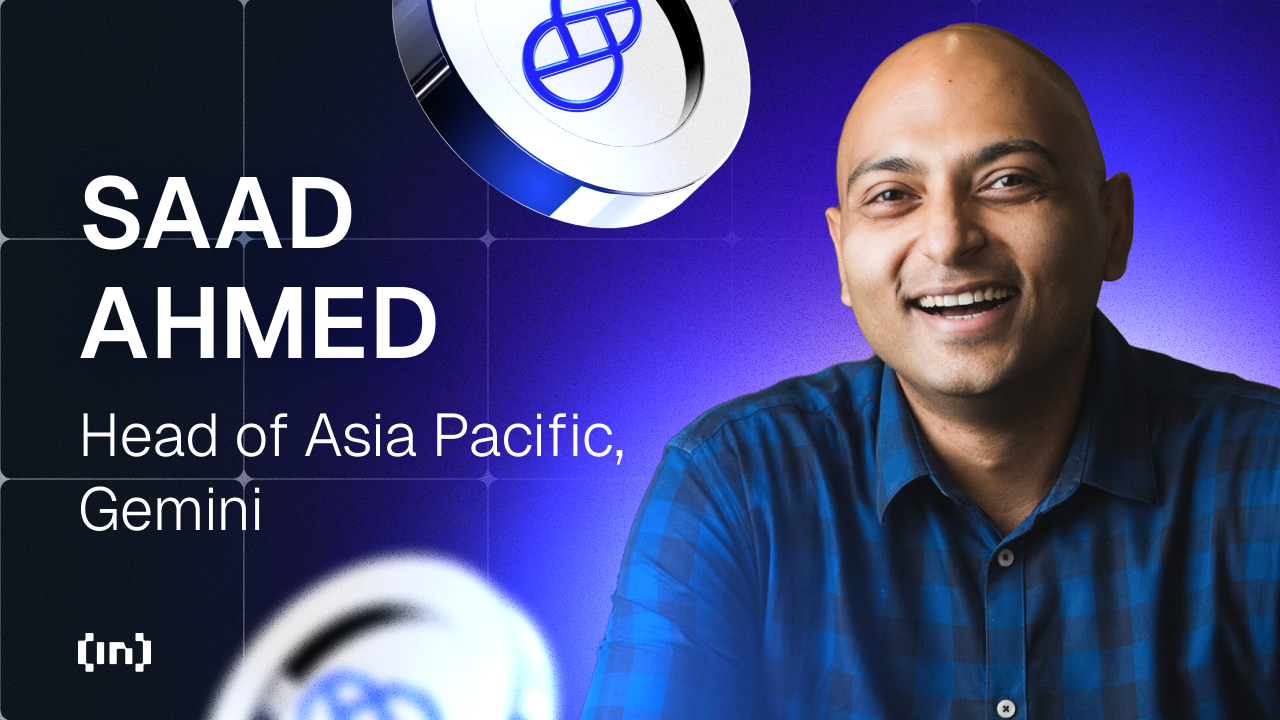Neurotechnology, a controversial application of artificial intelligence, is increasingly becoming a focal point for privacy and human rights discussions.
As technological advancements in the field move rapidly forward, the United Nations (UN) has echoed calls for an ethical framework to safeguard individual liberties.
Neurotechnology – The Ethical Issues
Broadly defined, neurotechnology is not a new concept. Engineers have long been developing technologies to scan, repair, and augment the human brain and nervous system.
However, the field has seen a recent explosion of potent machine learning and AI models, pushing neurotech into ethically contentious areas.
Addressing these challenges, the UN hosted the International Conference on the Ethics of Neurotechnology in Paris. The event convened policymakers, AI specialists, civil groups, and private businesses, sparking discourse on the ethical issues surrounding neurotechnology.
Neuroscience Funding in the US. Source: Statista
Before the conference, Audrey Azoulay, UNESCO Director-General, shared her apprehensions.
“Neurotechnology could help solve many health issues, but it could also access and manipulate people’s brains, produce information about our identities, and our emotions. It could threaten our rights to human dignity, freedom of thought and privacy. There is an urgent need to establish a common ethical framework at the international level, as UNESCO has done for artificial intelligence,” Azoulay said.
Regulatory bodies globally are scrambling to create rules for the AI sector. High-profile firms like OpenAI have even begun to resist AI regulation. As the technology becomes more intimate, further disagreement seems nearly inevitable.
It is More Than Just Brain Chips
However, Gabriela Ramos, UNESCO’s Assistant Director General for social and human sciences, highlighted during the conference that neurotech is not just about early-stage, headline-making technologies.
“We are on a path to a world in which algorithms will enable us to decode people’s mental processes and directly manipulate the brain mechanisms underlying their intentions, emotions and decisions,” Ramos said.
Neurotechnology’s public image is often dominated by ambitious projects like Elon Musk’s Neuralink and its brain-computer interface. Still, more understated applications of neurotech that can interpret and manipulate thoughts without physical intervention are already among us.
“When you add AI, you are putting neurotechnology on steroids,” stated Mariagrazia Squicciarini, the lead author of a Unesco report.
AI researchers are developing new technologies with predominantly beneficial intentions. One research team, for example, used AI to interpret what a subject was listening to based on their brain’s electrical signals.
Yet, the researchers cautioned that future developments might enable such technologies to bypass the need for voluntary cooperation.
Mind Control Technology
Interestingly, the aforementioned mind-reading neurotech uses AI tools that are widely accessible. The research team built their model using OpenAI’s GPT-1, a precursor to GPT-4, which powers the popular ChatGPT chatbot.
They also used various algorithms freely available online, training their model with datasets that included sentences sourced from Reddit and transcriptions of New York Times podcasts.
Such advances underscore how AI-related privacy issues are not future hypotheticals but pressing concerns requiring immediate attention.
OpenAI, for instance, is facing a class action lawsuit for allegedly harvesting personal data without consent. Many major social media companies have been accused of mishandling user data to train their AI models.
Instances of AI being used to read and manipulate individuals without informed consent are already a reality. Addressing these concerns will require robust ethical guidelines and proactive regulatory measures.
Disclaimer
In compliance with the Trust Project guidelines, this opinion article presents the author’s perspective and may not necessarily reflect the views of BeInCrypto. BeInCrypto remains committed to transparent reporting and upholding the highest standards of journalism. Readers are advised to verify information independently and consult with a professional before making decisions based on this content.
Source link





